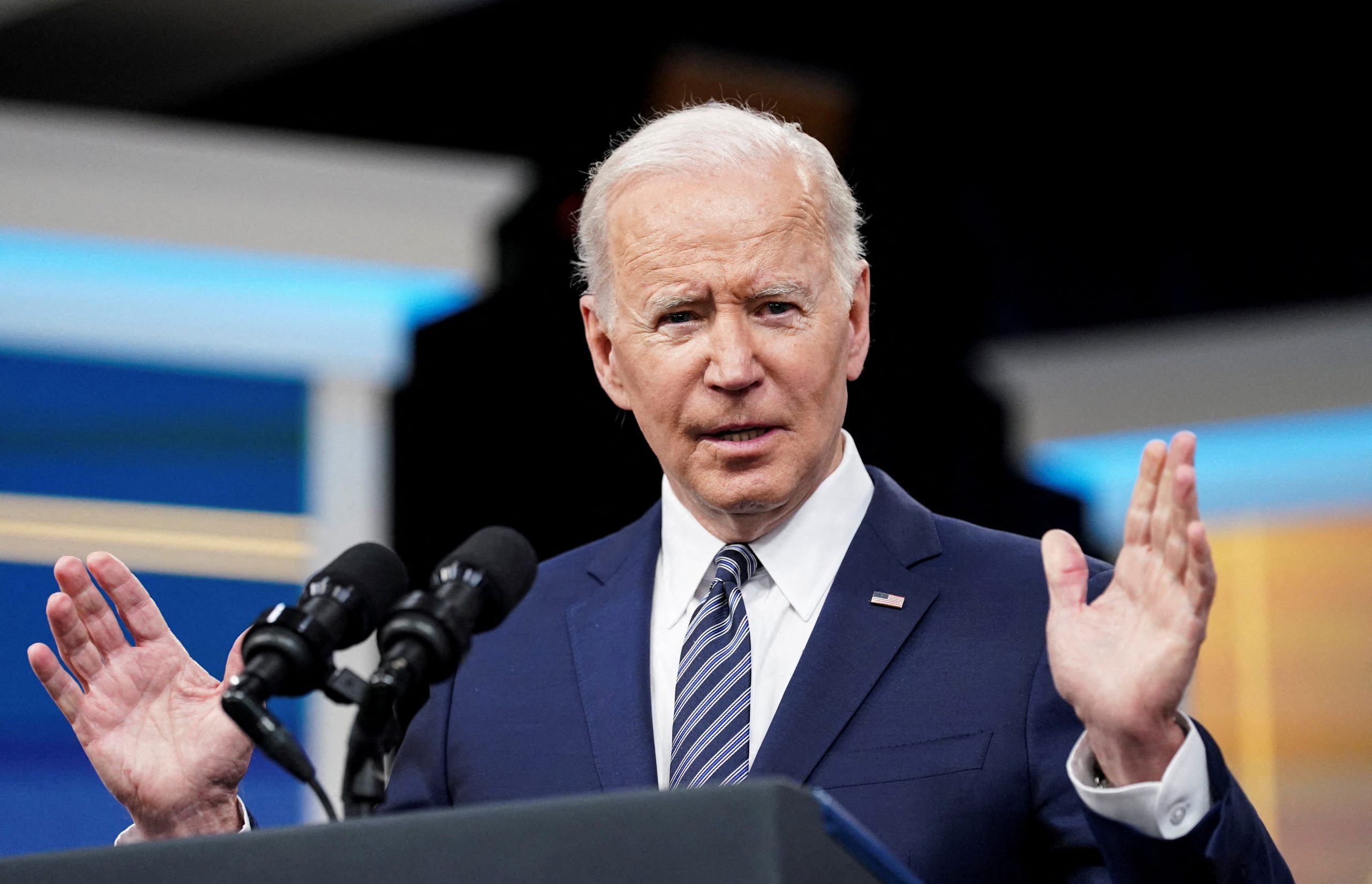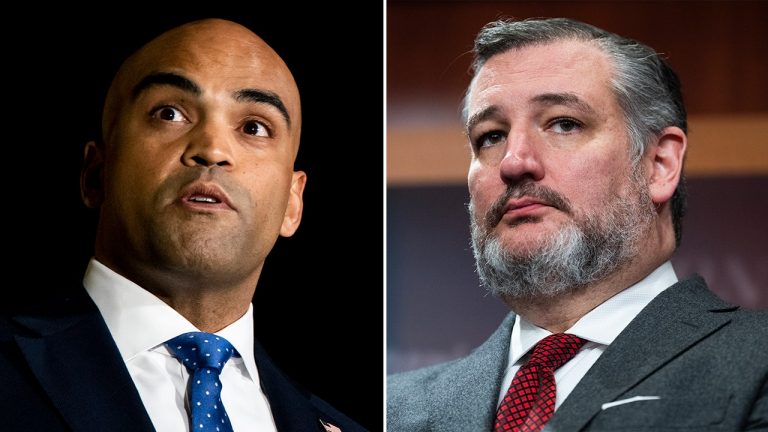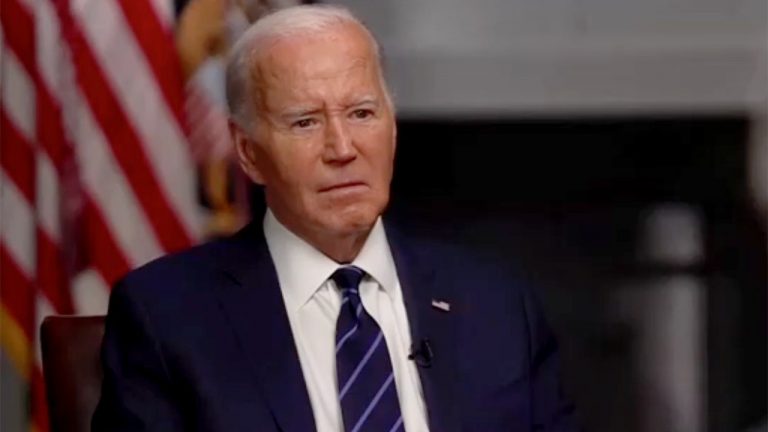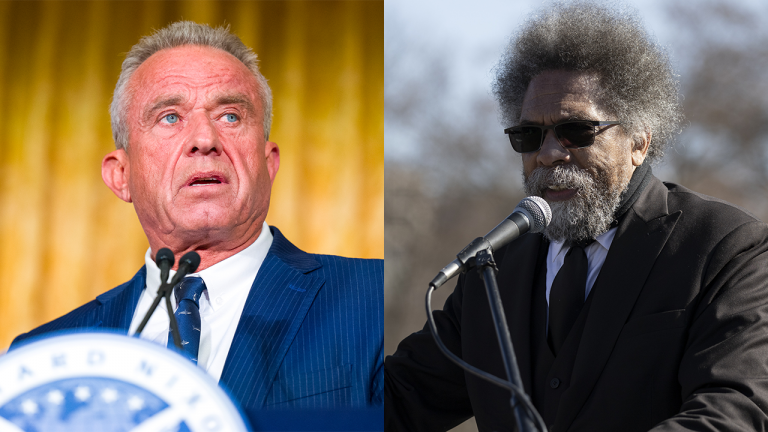McConnell criticizes fellow lawmakers in harsh essay about D-Day.
Are we on the brink of repeating the mistakes of the past? Outgoing Senate Minority Leader Mitch McConnell, R-Ky., recently drew a chilling parallel between the current global tensions and the lead-up to World War II. In an essay marking the 80th anniversary of D-Day, McConnell issued a stark warning about the dangers of complacency and isolationism.
Mitch McConnell penned an op-ed for The New York Times, cautioning that American and allied forces did not engage in World War II as a first resort but as a last option. The Kentucky Republican emphasized that it was the free world’s inaction that ultimately pushed them to declare war on the Axis powers.
Having announced his decision to step down from his leadership role in the Senate, McConnell has vowed to concentrate his remaining time on advocating for support for Ukraine. He has been a vocal advocate for bolstering assistance to the embattled nation, highlighting the need for unity and resolve in the face of growing threats.
Reflecting on the sacrifices made on D-Day, McConnell pointed out that the toll of that historic day was exacerbated by the reluctance of European powers and the United States to confront militant authoritarianism in its early stages. The senator highlighted the significant loss of life and the injuries suffered by Allied troops during the Normandy invasion.
With poignant imagery, McConnell reminded readers of the heroism and sacrifice of the 4,414 Allied troops who perished on D-Day, including 2,501 Americans. The somber reality of war, with over 5,000 wounded in the assault, serves as a poignant reminder of the cost of complacency in the face of tyranny.
In his impassioned op-ed, McConnell criticized the “influential isolationists” who downplayed the importance of supporting allies and partners in times of crisis. He took a veiled swipe at those within his party who advocate for a more isolationist stance on foreign policy, particularly regarding Ukraine and other global hotspots.
McConnell highlighted the dangerous consequences of failing to support allies and uphold national interests, drawing a parallel with the pre-World War II era. He warned that the resurgence of isolationist tendencies poses a grave threat to the security and prosperity of the United States and its allies.
Referencing the infamous attack on Pearl Harbor by the Imperial Japanese Navy on December 7, 1941, McConnell underscored the transformative effect that such catastrophic events can have on shaping national policy. The shock of the Pearl Harbor attack galvanized the nation and led to a united effort in World War II.
In a sobering assessment of the current global landscape, McConnell highlighted the urgent need to recognize and address the grave threats facing America and its allies. He cautioned against the temptation to retreat into isolationism, emphasizing the interconnected nature of modern security challenges.
As the world grapples with renewed tensions and the specter of conflict looms large, McConnell’s words serve as a timely reminder of the enduring lessons of history. The need for vigilance, cooperation, and collective action in the face of adversity has never been more pressing.
In the face of mounting challenges and growing uncertainties, McConnell’s call to action resonates strongly. The echoes of the past serve as a sobering reminder of the high stakes involved in global affairs and the critical importance of unity and resolve in safeguarding our shared future.








